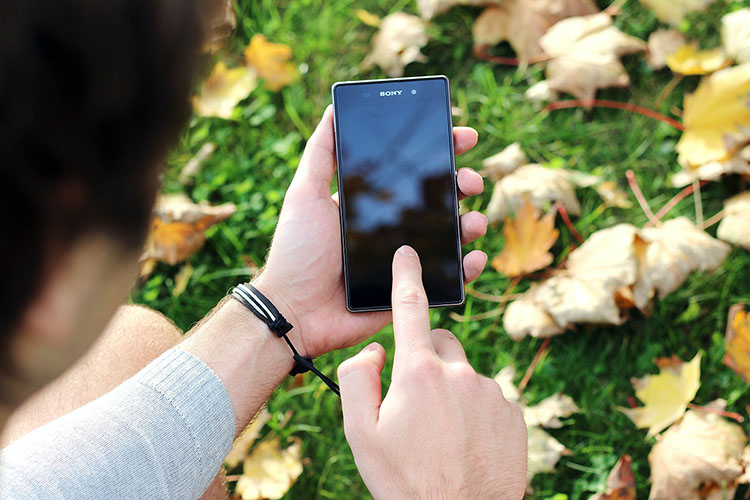The past few years have seen a rise in the number of mental health apps available to Internet users. If you’re struggling with depression and anxiety, addiction and isolation, or simply seeking self-care advice, there are hundreds of downloadable programs that address such needs.
Today, there are apps designed to track your mood and heart rate, monitor alcohol consumption and promote health and wellness. In fact, mental health apps today target a wide variety of psychological disorders, and also differ with regard to their design and functionality.
According to the National Institute of Mental Health (NIMH), mental health apps can be classified into six different functionality-based categories: self-management, cognition improvement, skills-training, social support, symptom tracking and passive data collection.
As makers of therapy outcomes tracking software at MyOutcomes, we delve deeper into the increasing popularity of mental health apps in today’s society.
Benefits of mental health apps
Mental health apps are popular for a reason, especially now that there is already a widespread recognition of mental well-being as a critical element of health. These reasons include the following:
Convenience and affordability
It’s a known fact that most people’s lives today revolve around their smartphones. We schedule meetings, calculate our budget, plan our meals, stay in touch with our significant others and plot our exercises using our smartphones. It’s no wonder, then, that mental health apps that are downloadable to smartphones have made their way into our lives.
With your favorite mental health app on your smartphone, there’s no need to be on a therapist’s waiting list. You don’t need to schedule an appointment, drive and wait for your turn. Moreover, you can get the service you need for free or at a relatively low price.
You can wake up feeling anxious in the middle of the night and engage in an exercise proposed by your mental health app so you can go back to sleep.
Assurance of anonymity
Mental health apps provide total anonymity as these eliminate the human element in the consultation process. Therapists are also obligated to keep client information confidential; however, the direct interaction with another human being can sometimes induce anxiety in persons seeking treatment.
With mental health apps, the fear of being judged is eliminated, so individuals who voluntarily download these apps experience little to no pressure in the process.
High level of engagement and sense of accountability
One study showed that users of mental health apps are driven by some sort of intrinsic motivation, which encourages them to use the mental health app regularly to progress in their treatment. In a way, it leads users to become responsible for their own improvement. Of course, most apps are programmed to ensure consistent usage and come with reminders and notification alarms.
Clinical care applications
Apart from the obvious benefits mental health apps are known to provide users, they also perform complementary clinical care functions for therapists and other mental health care providers. These include immediate crisis prevention and intervention, diagnosis, primary treatment, post-treatment condition management and as a supplement to in-person therapy.
Moreover, feedback-informed care through the use of outcome rating scales and session rating scales in therapy outcomes tracking software has enabled mental health professionals to improve their course of treatment. The use of such apps or software in therapy and counseling has also helped in improving the quality of patient care, as well as client-therapist relations.
So, for individual practitioners or clinics looking to improve their practice outcomes and increase client engagement, MyOutcomes can help.
If you have questions regarding how MyOutcomes can significantly assist in your practice, please get in touch with us.
